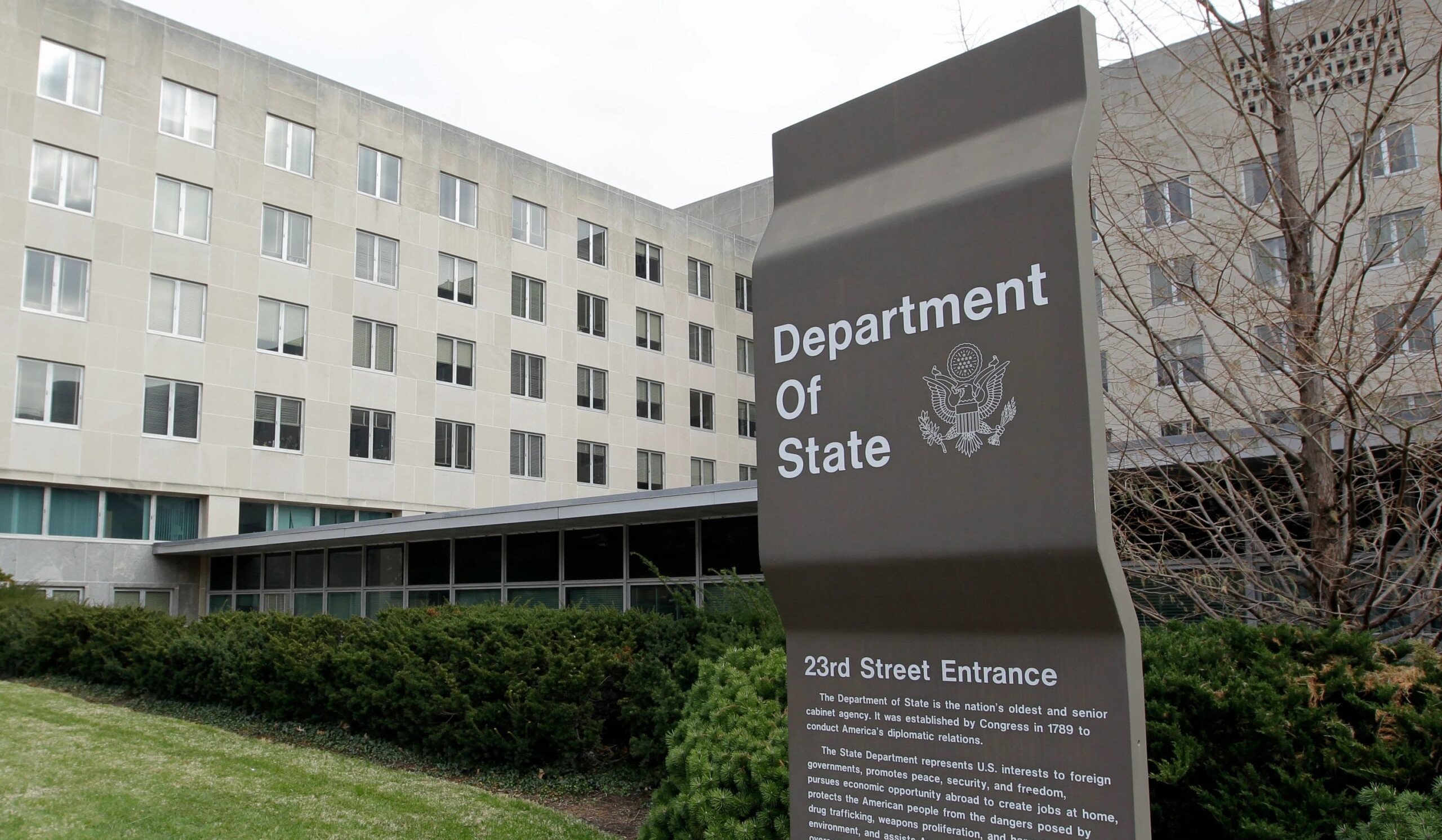
The State Department, under the stewardship of Secretary Marco Rubio, has just dropped a bombshell determination that's about as subtle as a foghorn in a library.
You can/should review the Federal Register notice before continuing. There is a marldown formatted version of this on the 47 Watch knot.
In a nutshell, they've decided that pretty much everything involving borders, immigration, and international trade should now be considered a "foreign affairs function."
Why does this matter?
Well, it's because this administrative magic trick exempts these activities from the Administrative Procedure Act — a law that ensures the government can't just make sweeping changes without telling anyone. It's like democracy's version of "no take-backsies."
Let's break down just some of the potential consequences:
-
The "Surprise Border Policy" Scenario: Imagine waking up to find out the rules for entering or leaving the country have changed overnight. It's like showing up to a potluck and finding out it's now a formal dinner party — and you're the only one in flip-flops.
-
The "Your Phone is Our Phone" Situation: Border agents could potentially get more power to access your devices. Hope you're ready to share your entire camera roll with strangers in uniform (who will all be employees of a private company, soon)!
-
The "Economic Whiplash" Effect: The government could slap trade restrictions on countries faster than you can say "global supply chain disruption." It's like playing economic Jenga, but with real people's livelihoods.
This determination could lead to policies being implemented without public input or oversight. It's like the government putting on noise-canceling headphones while making decisions that affect millions of lives.
So, what can we do?
Well, it's time (again) to make some noise.
Write to your representatives, call your senators, and make your voice heard.
Let's shine a light on this issue before we wake up in a country where border policy is decided by whether the angrily-tossed plate with condiments on it hits the wall ketchup-side up or down.
If you're looking for something to riff from when contacting your representative, this is what I'm emailing, printing-and-mailing, and calling (on Monday) my reps with:
As a [what you do + where you reside], I strongly oppose the determination to classify all efforts related to border control, immigration, and cross-border transfers as "foreign affairs functions" under the Administrative Procedure Act (APA).
This determination poses significant risks to transparency, accountability, and the fundamental principles of democratic governance. By exempting these critical areas from APA requirements, we risk implementing far-reaching policies without proper public scrutiny or input. This is particularly concerning given the complex, nuanced nature of immigration and border security issues.
The broad scope of this determination, encompassing "people, goods, services, data, technology, and other items," is alarmingly vague and could lead to overreach in areas such as digital privacy and trade. As someone deeply involved in data science and security, I foresee potential abuses in data collection and surveillance that could infringe on civil liberties and hinder technological innovation.
Furthermore, this determination may exceed executive authority and violate the separation of powers. The Constitution grants Congress, not the executive branch, the power to establish a "uniform Rule of Naturalization" (Article I, Section 8, Clause 4). This sweeping reclassification appears to usurp congressional authority over immigration law.
From a national security perspective, while rapid response capabilities are important, the lack of public input and oversight could lead to poorly conceived policies that actually harm our security interests. Hastily implemented changes could disrupt critical international relationships, intelligence sharing, and cooperative law enforcement efforts.
I urge you to reconsider this determination. Instead, focus on improving existing processes within the current legal framework, ensuring that changes to immigration and border policies remain subject to proper public scrutiny and democratic checks and balances.